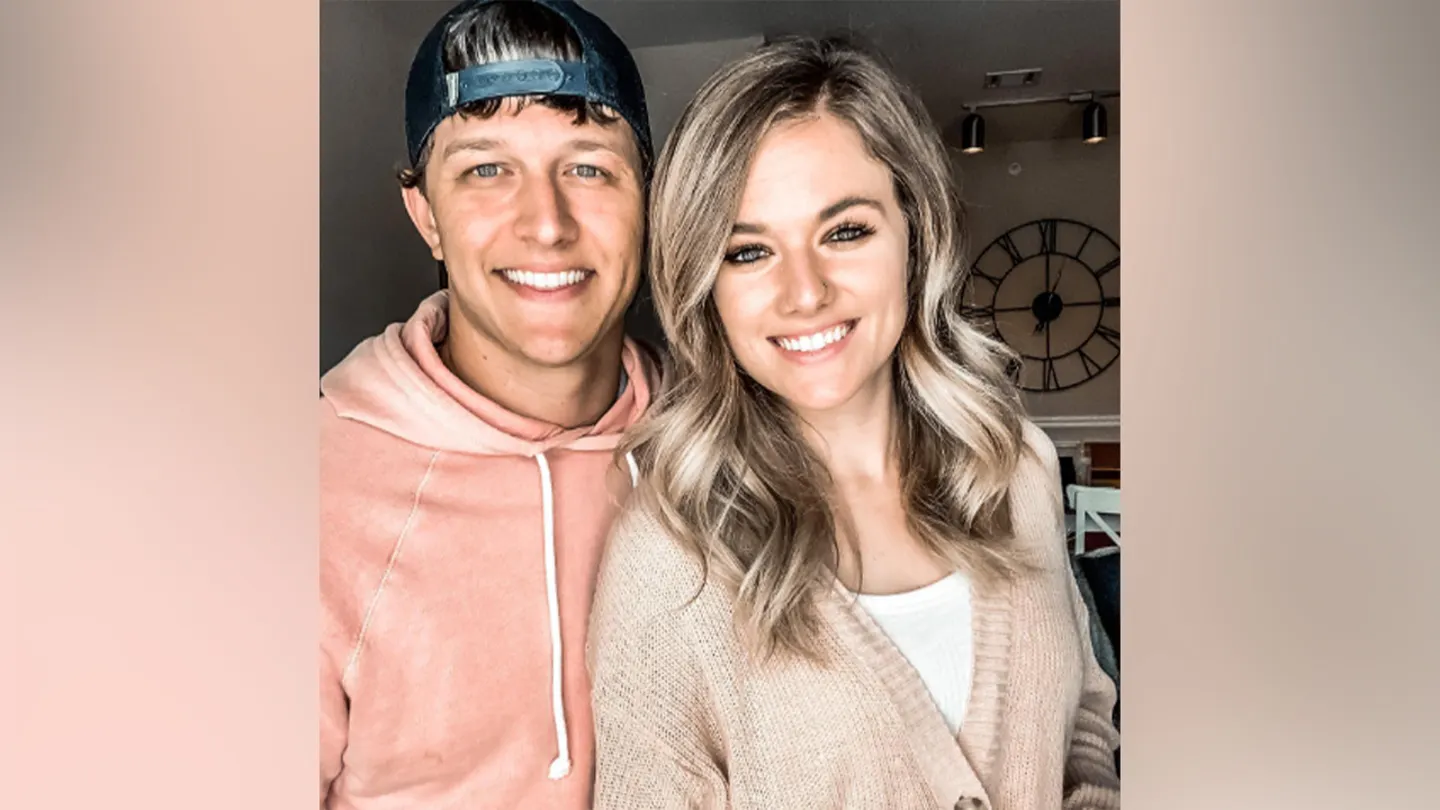A man in the San Fernando Valley of California has agreed to plead guilty to wire fraud, after prosecutors accused him of running a multimillion-dollar Ponzi scheme targeting local Filipino community members, including senior churchgoers.
Sylvein William Maximilian D’Habsburg XVII, 48, has been accused of taking more than $5.9 million from victims over the course of several years. It was all under the guise of investing in his two tech companies, prosecutors wrote in the plea deal, with D’Habsburg making several claims including that his technology could detect Covid-19 infection based on video.
At one point in 2020, D’Habsburg convinced a victim to wire $224,378.43 to his bank account in the name of BAI intelligence, prosecutors wrote in the plea deal reached with the defendant. He then used the money to buy luxury cars like a vintage Rolls Royce and rare antiques, court documents said.
D’Habsburg, who’s also of Filipino descent and changed his name from Sylvein Scalleone, is expected to face a maximum of 20 years in prison, according to the agreement filed last week for the federal felony fraud charge.
In a statement to NBC News, D’Habsburg’s attorney Bryan Thomas said that his client “vehemently denies” running a Ponzi scheme.
“Mr. D’Habsburg has admitted to making false statements regarding the financial status of the business and that is what he has accepted responsibility,” Bryan Thomas, D’Habsburg’s attorney, said in a statement before referencing D’Habsburg’s company BAI Intelligence, which is a company focused on experimental Covid-19 testing. “However, BAI technology is not a Ponzi scheme and he has not plead guilty to any charges regarding the performance of his company.”
Licelle Cobrador, executive director of the Filipino American Legal Defense and Education Fund, called the allegations “mind-boggling,” given D’Habsburg’s shared background with his victims.
“For Filipinos, when you identify as another Filipino, there’s an automatic affinity. They would just be more trusting,” Cobrador said, adding that the allegations suggest D’Habsburg “took advantage of that bond.”
According to the plea agreement, the wire fraud started back around January 2018 and continued through at least June 2023. D’Habsburg appeared to target fellow Filipinos, the U.S. Attorney’s Office of the Central District of California said.
D’Habsburg hired recruiters to identify potential investors from the community for his business Wild Rabbit Technologies, in addition to BAI Intelligence, and marketed alleged artificial intelligence technology, prosecutors wrote in the plea deal. D’Habsburg then invited these potential investors to attend demonstrations of the technology, saying it could predict the future and detect Covid-19 infection based on video, among several other claims.
During the presentations, D’Habsburg would allege that he’d already received $500 million in investments from big names including Kobe Bryant, Michael Jordan, Joel Osteen and the Harvard University endowment, the plea agreement said. Additionally, D’Habsburg would claim that former secretaries of state, Mike Pompeo and Hillary Clinton, had consulted with him about his AI technology.
While he told potential investors that their funds would go toward helping further his research, hiring personnel and obtaining patents, the plea agreement says that D’Habsburg spent the money for personal use, according to the plea deal.
Beyond the two vintage Rolls Royces, D’Habsburg also splurged on a pair of Italian-carved Giltwood thrones from the 1800s, a Venetian baroque-style throne chair from around 1890, paired Italian marble columns that date back to the 12th to 13th century, along with high-end clothing and other valuables, the plea deal said.
Cobrador said that D’Habsburg’s alleged targeting of parishioners is chilling, given the immense trust that many Filipino Americans have in those they worship with. The church, Cobrador said, occupies a critical space, particularly among immigrants. In the Philippines, Cobrador said, the church often helps provide basic services that the government in the developing country often cannot.
When people immigrate to the U.S., they bring along their perception of churches as safe spaces to ask for help, guidance and community. So for many immigrants, she said, their fellow parishioners are often whom they turn to for networking, jobs or to find housing.
“In the States, if they’re Filipino American, it’s less intimidating to approach people who are in church than approach people who are in government or other nonprofits,” she said. “People are always ready to help. But you can see how that environment could be taken advantage of by people who are unscrupulous.”
D’Habsburg is expected to enter his formal guilty plea in the coming weeks.




